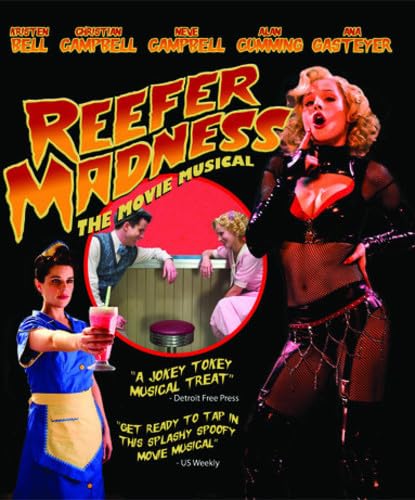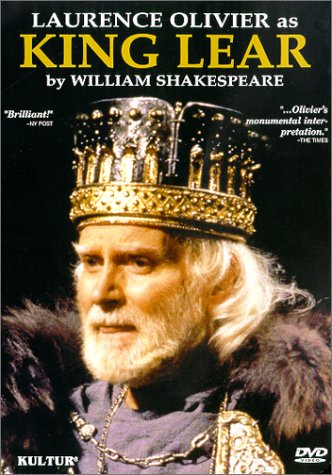 Eckstein, Yechiel. How Firm a Foundation: A Gift of Jewish Wisdom for Christians and Jews. Brewster: Paraclete, 1997.
Eckstein, Yechiel. How Firm a Foundation: A Gift of Jewish Wisdom for Christians and Jews. Brewster: Paraclete, 1997.Rosh Hashanah began at sunset yesterday. It's the beginning of the Jewish Year; the High Holy Days begin on Rosh Hashanah.
One particularly significant and moving ceremony practiced during Rosh Hashanah is Tashlikh. Rabbi Yechiel Eckstein articulates it well:
I mentioned this to a Shakespeare class on Rosh Hashanah some three years ago, not expecting too much to come of it besides expansion of knowledge. But a student took the idea to heart, filled his pockets until they bulged with stones, found a creek here on campus, and cast the stones into it. He walked away with his pockets and his soul lighter than they had been.On the first day of Rosh Hashanah, we perform theTashlikh ceremony in which we throw bread crumbs or stones into a running body of water such as a river or spring, and symbolically cast off our sins into the water and begin life anew. . . . Today . . . Tashlikh is completely accepted and widely viewed as symbolic of the freedom from sin we can enjoy when we repent and trust in God's miracle of forgiveness. In the words of the prophet recited in the Tashlikh liturgy, "Thou wilt cast all our sins into the depths of the sea" (Micah 7:19). (104)
What has this to do with Shakespeare? Well, I'd like to bring Shakespeare and Tashlikh together in a Shakespearean Tashlikh ceremony in which I invite you all—whatever you faith—to participate.
Gather some rocks—literal or figurative or some combination of the two will do. [My own are in the image above—a photograph of the shoreline of the Sea of Galilee taken during our trip to Israel this summer. Seemed appropriate.] Then, with your imagination or a marker, write the name of a character from Shakespeare on each. As I did so, I considered the sins of each—and I considered how guilty I am of the same sin. I am guilty of the jealousy of Othello in looking at others' more successful blogs. And I'm guilty of the sin of Iago in inciting myself to that jealousy. You get the idea. I don't want to detail the other sins of which I am guilty in such a public setting!
Now—throw those rocks into a body of water. Repent of the sins they represent, and turn from them. Trust that those sins have been forgiven.
And, with your pockets empty of characters from Shakespeare, walk away with a light heart and a cleansed conscience.
L'shanah tovah tikatevu v'taychataymu!
Now—throw those rocks into a body of water. Repent of the sins they represent, and turn from them. Trust that those sins have been forgiven.
And, with your pockets empty of characters from Shakespeare, walk away with a light heart and a cleansed conscience.
L'shanah tovah tikatevu v'taychataymu!
May you be inscribed and sealed for a good year!
Links: Tashlikh at Wikipedia. Rosh Hashanah at Judaism 101.
Links: Tashlikh at Wikipedia. Rosh Hashanah at Judaism 101.









.png)
.png)
.png)
.png)
.png)



































